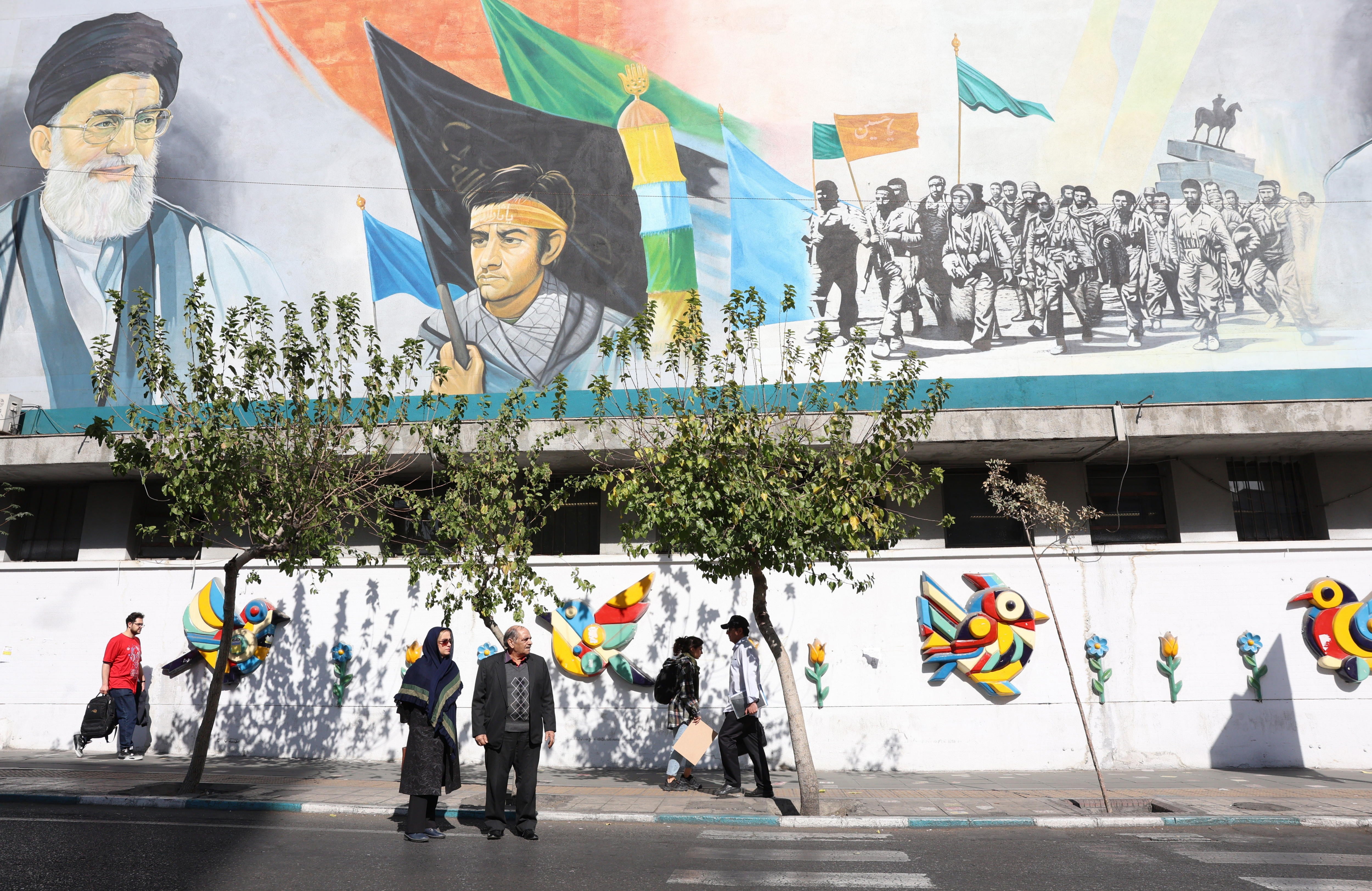
Iran’s first reaction to the Israeli bombing at dawn this Saturday has followed the same script as last April: minimizing its scope and ensuring that it has been repelled by anti-aircraft defenses. Only then Israel did not take responsibility for the operation. Now, his announcement that the response will be “proportionate” can also be interpreted as a sign that there is no desire for escalation. It is misleading. Even if there is no immediate retaliation, the Israel’s first declared attack on the Islamic Republic It has broken the taboo of direct confrontation and puts the Iranian leaders on the ropes.
The true power behind the call ayatollah regimethe command of the Islamic Revolution Guards Corps (the Pasdaran), needs to project force both to dissuade Israel from going further and to reassure its followers inside and outside Iran. The generals must be evaluating how much of a psychological operation and how much of a strategic calculation there is in the proposals of some sectors in Tel Aviv and Washington to take advantage of the moment of Iranian weakness and end their nuclear program.
Analysts and observers speculate about the Islamic Republic’s options. There are facts, such as geography, that limit the answer. A thousand kilometers from the “Zionist entity”, as Iranian propaganda insists on referring to Israel, its conventional forces have little effectiveness and its arsenal of ballistic missiles is limited. Hence, the Pasdaran had created a network of allied armed groups in the Middle East, the Axis of Resistance, as a deterrent. However, the main one of them, the Lebanese Hezbollah militia, has been decimated in recent months. The rest of those proxies They have less capacity to directly harm Israel, and the possibility that they act against the interests of the United States in the region, the oil installations of the monarchies of the Arabian Peninsula or the crude oil transport routes (including the Strait of Hormuz) would raise the bet of direct intervention by Washington.
The images of women in chadors and men in mourning chanting “Death to America, Death to Israel” from the Iranian demonstrations fit well into the stereotype of an emotional, passion-driven East. But despite their rhetoric haranguing the crowds, the leaders of the Islamic Republic have demonstrated pragmatism and rationality. Thus, it is to be expected that when the Pasdaran generals meet with the supreme leader, Ayatollah Ali Khamenei, what they will ask him is what is least harmful to the survival of the regime: If not to respond (or do so only symbolically) , even at the risk of losing face with its allies, or risking the entry of the United States into the conflict.
Tehran’s cautious behavior since last year’s Hamas attack on Israel tips the balance toward the first option. That does not mean that this Saturday’s bombing will not have consequences. To begin with, there is no turning back. status quo former. Beyond the fact that Iran once again resorts to covert (terrorist) operations even outside the region, what happened gives encouragement to the sectors in favor of providing themselves with atomic weapons (a political decision rejected until now) and will undoubtedly have repercussions on internal repression (as indicated by the fact that a deputy has attributed the alleged drones used in the attack on the capital to “internal agents of the enemy”). The Islamic Republic does not want to go to war, but Israeli pressure is putting its leaders on the ropes.

